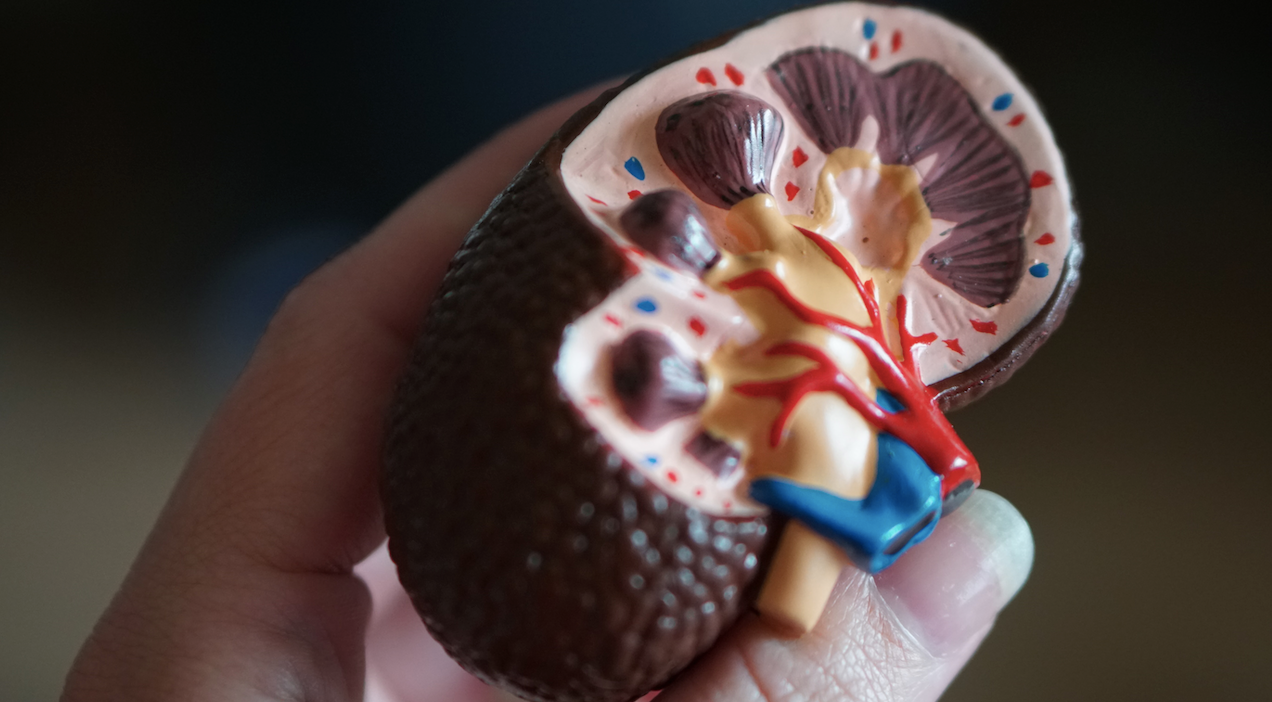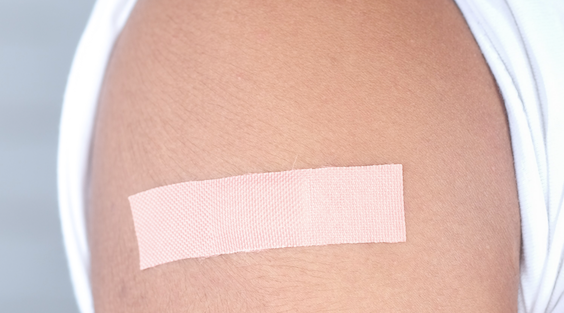Acute kidney injury, also called acute renal failure, is a severe condition that can occur when the kidneys suddenly stop working. It may be caused by various things, including infection, poisoning, or severe dehydration. If you or someone you know has been diagnosed with acute kidney injury, it is crucial to understand the recovery time. This blog post will discuss the various factors that can affect how long it takes for the kidneys to start functioning again.
Recovery from Acute Kidney Injury
Acute kidney injury (AKI) is a sudden and often temporary decline in kidney function. AKI can occur when an illness or injury damages your kidneys. AKI usually develops over a few hours or days, but it may slowly happen over weeks.
Most people who develop AKI recover completely without long-term kidney damage. However, AKI can lead to severe complications, including chronic kidney disease and end-stage renal disease.
The recovery time for AKI varies depending on the underlying cause and severity of the condition. Some people may recover within a few days, while others may require dialysis or other treatments for months or even years. If you are currently undergoing dialysis or know someone who is, it can be helpful to wear comfortable attire that is easy to wear. You can check out Reboundwear's dialysis shirts for men and women to make the dialysis process more comfortable!
If you or a loved one has been diagnosed with AKI, it is important to work with a team of healthcare professionals to create a recovery plan. With the proper treatment and support, most people can fully recover from AKI. Treatment options include dialysis, kidney transplant, and supportive care. Dialysis is a process that filters the blood and removes waste products from the body. Kidney transplant is a surgical procedure to replace a damaged kidney with a healthy kidney from a donor. Supportive care involves measures to improve kidney function and relieve symptoms.
If you or your loved one is undergoing surgery for AKI, it can be helpful to invest in post surgery clothing that makes the process of getting ready significantly easier. With the right after surgery clothing, you can aid the recovery process!
Can you recover from kidney failure?
There is no definitive answer to this question as everyone's situation is different. However, it is possible to recover from kidney failure with proper treatment and care. Kidney failure can be a very serious condition, but with the right medical help, patients can improve their prognosis and quality of life. If you or a loved one has been diagnosed with kidney failure, talk to your doctor about available recovery options.
Kidney Failure Survival Rate
Acute kidney injury (AKI) is a serious condition leading to kidney failure. The survival rate for AKI patients depends on early diagnosis and treatment. Early diagnosis and treatment can improve the chances of survival and kidney function; therefore, if you or anyone around you is experiencing symptoms of AKI, it is essential to get those checked by a medical professional immediately.
Symptoms of Acute Kidney Injury
The symptoms of acute kidney injury can be sudden and severe. They may include:
- Decrease in the amount of urine produced
- Swelling in your legs, ankles, or feet from fluid retention
- Shortness of breath
- Fatigue
- Confusion
- Nausea
- Weakness
If you experience any of these symptoms, it's essential to seek medical attention immediately. Early diagnosis and treatment of AKI can help improve your chances of a full recovery.
Conclusion
Although acute kidney injury can be a serious health condition, most people who experience it make a full recovery. It takes time to recover from acute kidney injury varies from person to person but typically ranges from several weeks to several months. You can do many things to help speed up your recovery process and ensure that you make a full recovery. Following the advice of your healthcare team is essential, but there are also some things you can do on your own to support your healing. For example, eating a healthy diet, getting plenty of rest, and avoiding strenuous activity can all help promote quick and complete recovery. Thanks for reading!







Leave a comment
All comments are moderated before being published.
This site is protected by hCaptcha and the hCaptcha Privacy Policy and Terms of Service apply.